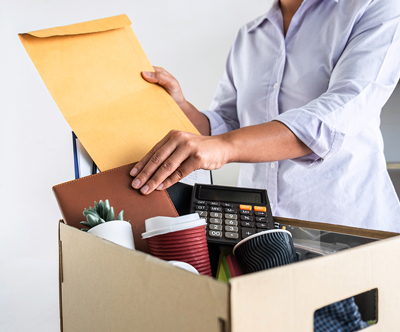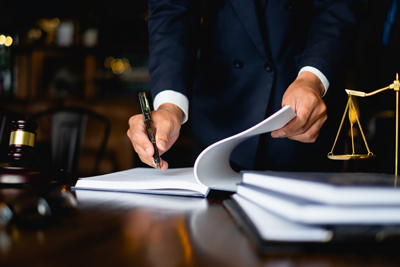 One significant concern to businesses is the risk of inadvertent disclosure of their trade secrets and proprietary information in the wake of the pandemic. When they say that we are currently operating in uncharted waters, this is no understatement. What were once heavily-guarded trade secrets and proprietary information are now spread across the kitchen table and being communicated via unsafe internet connections. This risk of hacking and actual disclosure of the same is significant.
One significant concern to businesses is the risk of inadvertent disclosure of their trade secrets and proprietary information in the wake of the pandemic. When they say that we are currently operating in uncharted waters, this is no understatement. What were once heavily-guarded trade secrets and proprietary information are now spread across the kitchen table and being communicated via unsafe internet connections. This risk of hacking and actual disclosure of the same is significant.
Safeguard breakdowns lead to protection lapses
Under the law in most jurisdictions, the protection afforded to trade secrets and proprietary information is a function of the safeguards the employer asserts over the protected information. This includes the manner in which the information is gathered, stored, accessed, used, shared and otherwise guarded. Once the safeguards begin to breakdown, so too do the protections granted to the information under the law. Lapses in the exercise of the safeguards will give your competitor a defense to your claim in the event that a dispute arises over the use and ownership of such information.
Non-standard employee severances can leave employers at risk
Additionally, as a result of financial hardship, employees are being severed from their employment in a sometimes less than normal manner, leaving the trade secrets and proprietary information of the business more vulnerable than in the usual setting where exit interviews, references and severance payments are discussed and agreed-upon. This creates an opportunity for carefully-guarded trade secrets to be shared in another setting by your ex-employee with your competitors. The employer should reinforce to human resources the need to continue to conduct exit interviews and related separation activities at least virtually until face-to-face discussions may resume safely, and to, therein, stress to the departing employee the importance of protecting the sanctity of the trade secrets and proprietary information of the business.
For assistance in protecting your trade secrets and proprietary information contact Daniel J. Voelker of the Voelker Litigation Group, at 312-870-5430.
Tags business risks, coronavirus, covid-19, employee severance, pandemic, proprietary information, trade secrets




